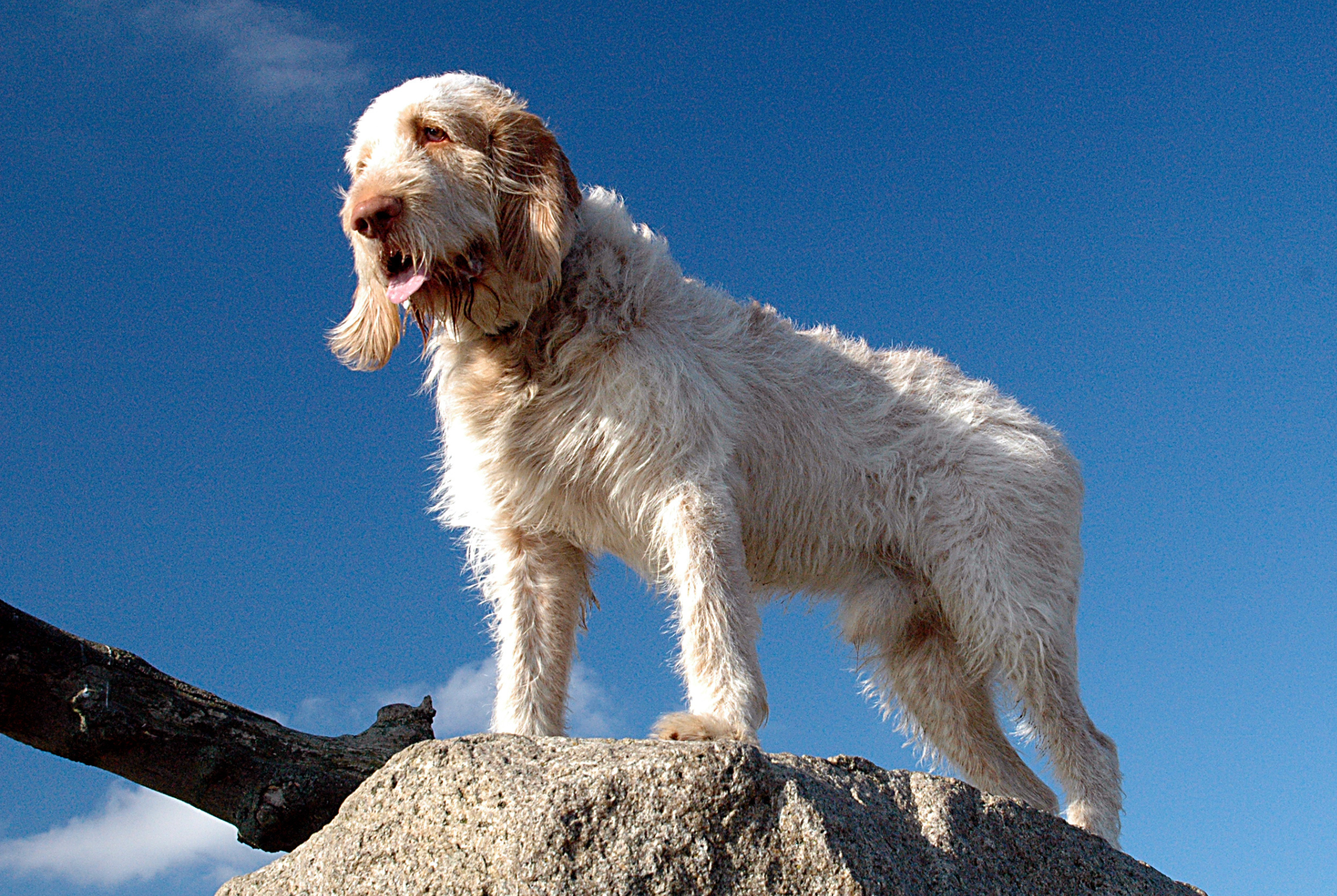Newfoundland Dog Insurance
Get a quoteAre you looking to insure your Newfoundland? It's worth considering Newfoundland pet insurance if you are looking to protect yourself against unexpected vet bills.
Newfoundland Character
Newfoundland Appearance
Conditions which affect this breed
Weird Fact..
Newfoundland History
Newfoundland Insurance
When looking to insure your Newfoundland its worth shopping around, with a Newfoundland insurance comparison you may be able to save both time and money so why not get a Newfoundland insurance quote today.

Size: Large
Life span: Under 10 years
Exercise: Up to 1 hour per day
Home size: Large
Coat length size: Medium
Sheds: True







